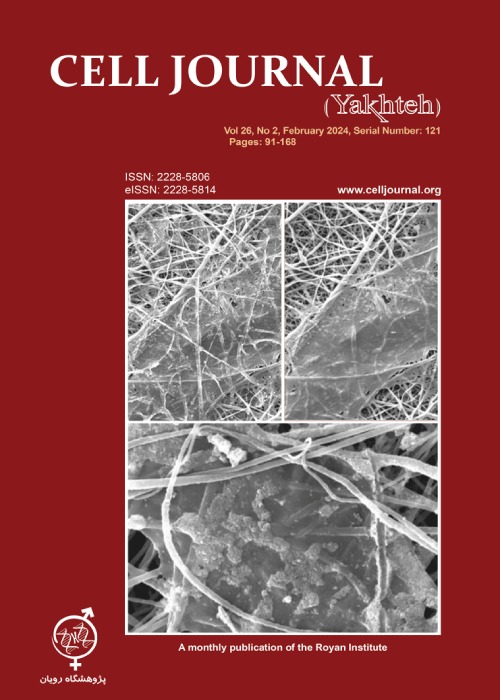Investigation of VASA Gene and Protein Expression in Neonate and Adult Testicular Germ Cells in Mice In Vivo and In Vitro
We aimed to examine the expression levels of the VASA gene and protein in testis sections of neonate and adult mice as well as testicular cell cultures.
In this experimental study, in order to investigate the expression of this germ cell marker gene in more detail, we analyzed the expression of VASA by immunocytochemistry, immunohistochemistry and fluidigm reverse transcription-polymerase chain reaction (RT-PCR).
The immunohistochemical assays showed that the VASA protein was exclusively expressed in germ cells in the seminiferous tubules of the neonate and adult testis and not in somatic cells. VASA was not detectable in PLZF positive spermatogonial stem cells (SSCs), was weakly expressed in proliferating spermatogonia, and became abundant in spermatocytes and round spermatozoa. Counting VASA-positive cells in the seminiferous tubules of the neonate and adult testis depicted significant higher expression (P<0.05) of VASA in the adult testis in comparison to its neonate counterpart. SSC colonies were established in vitro after digestion of the testis and characterized by immunocytochemistry for CD90 and stage-specific embryonic antigens 3 (SSEA3). Immunocytochemistry confirmed that in contrast to the not detectable signal in vivo, VASA protein was strongly localized in the cytoplasm of both neonate and adult mouse SSCs under in vitro conditions. The results of Fluidigm RT-PCR revealed a significant higher expression of the germ cell gene VASA in adult SSCs in comparison to neonate SSCs in cell culture (P<0.05).
The VASA protein is, therefore, an extremely specific marker of testicular germ cell differentiation in vivo and mostly expressed in the adult testis in spermatocytes and round spermatids. The immunohistochemical signal in spermatogonia is very low. So, PLZF positive SSCs are negative for VASA in vivo, while in contrast, once isolated from the testicular niche VASA is also strongly expressed in SSCs under in vitro conditions.
- حق عضویت دریافتی صرف حمایت از نشریات عضو و نگهداری، تکمیل و توسعه مگیران میشود.
- پرداخت حق اشتراک و دانلود مقالات اجازه بازنشر آن در سایر رسانههای چاپی و دیجیتال را به کاربر نمیدهد.


